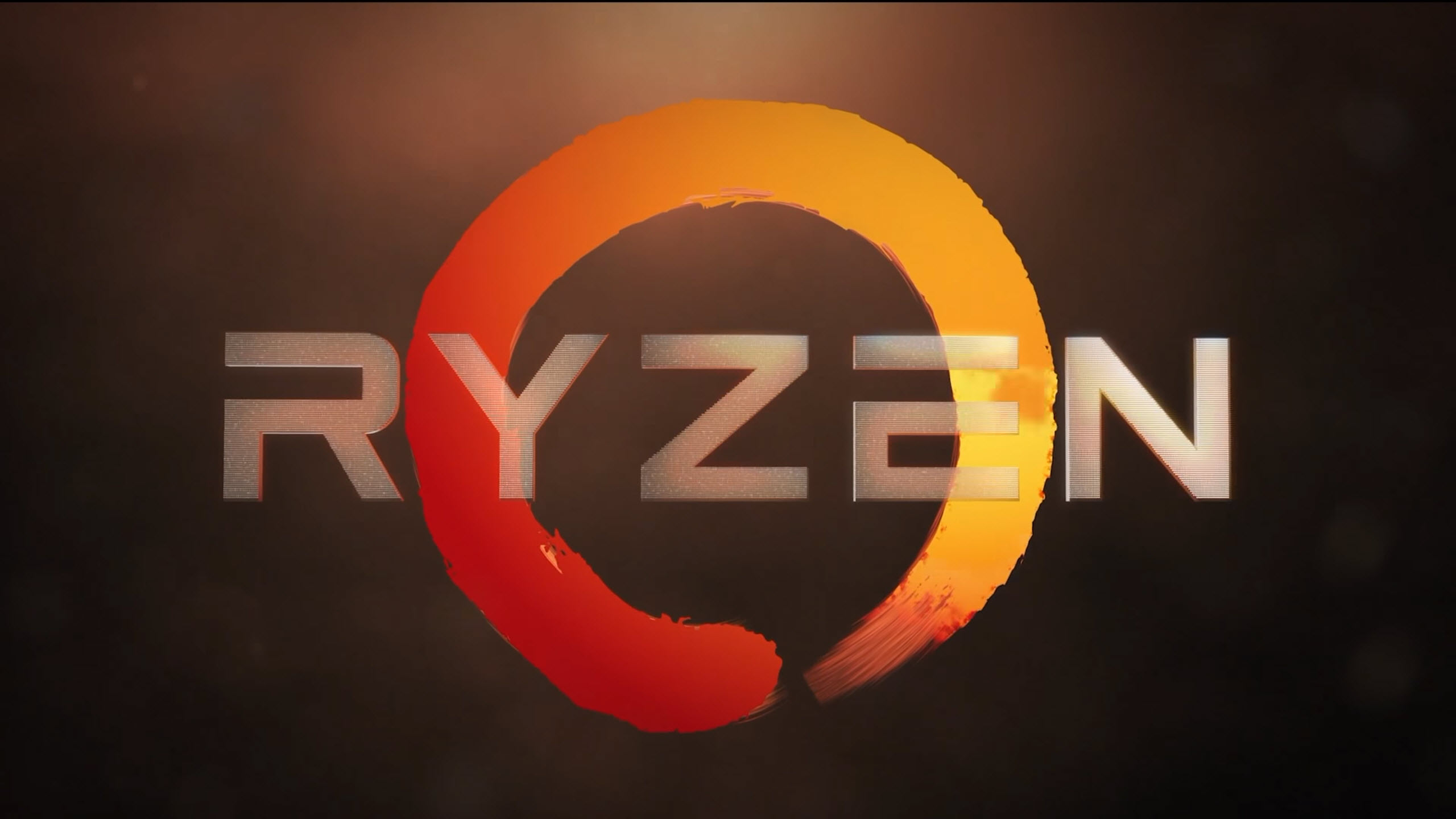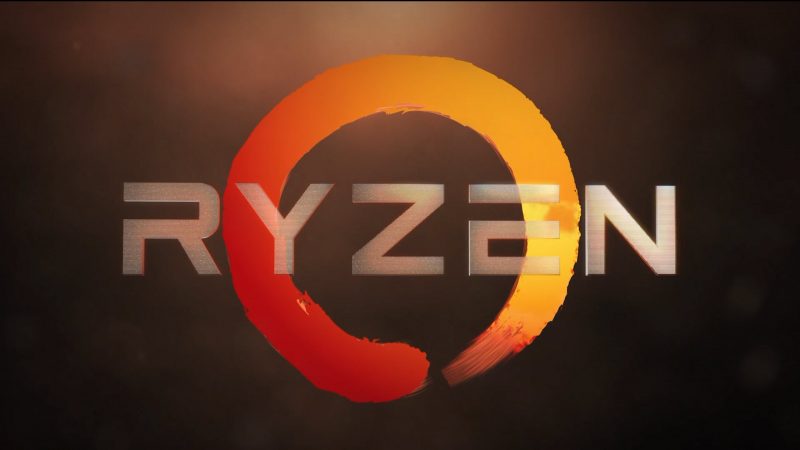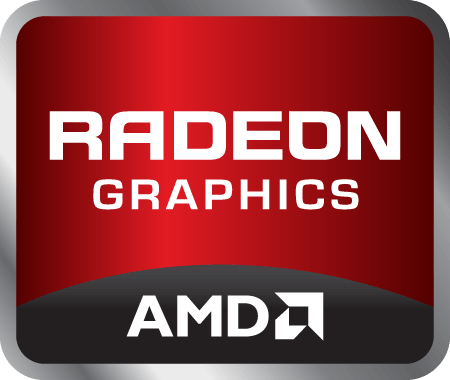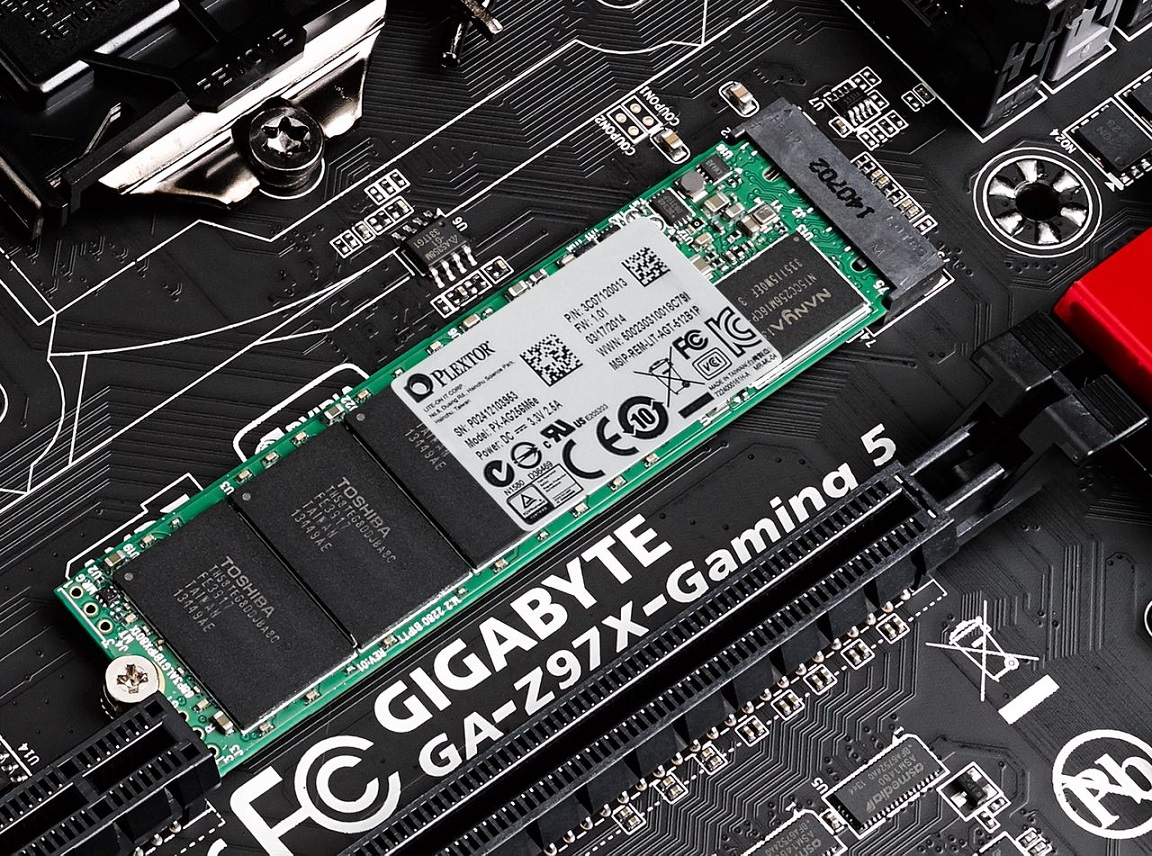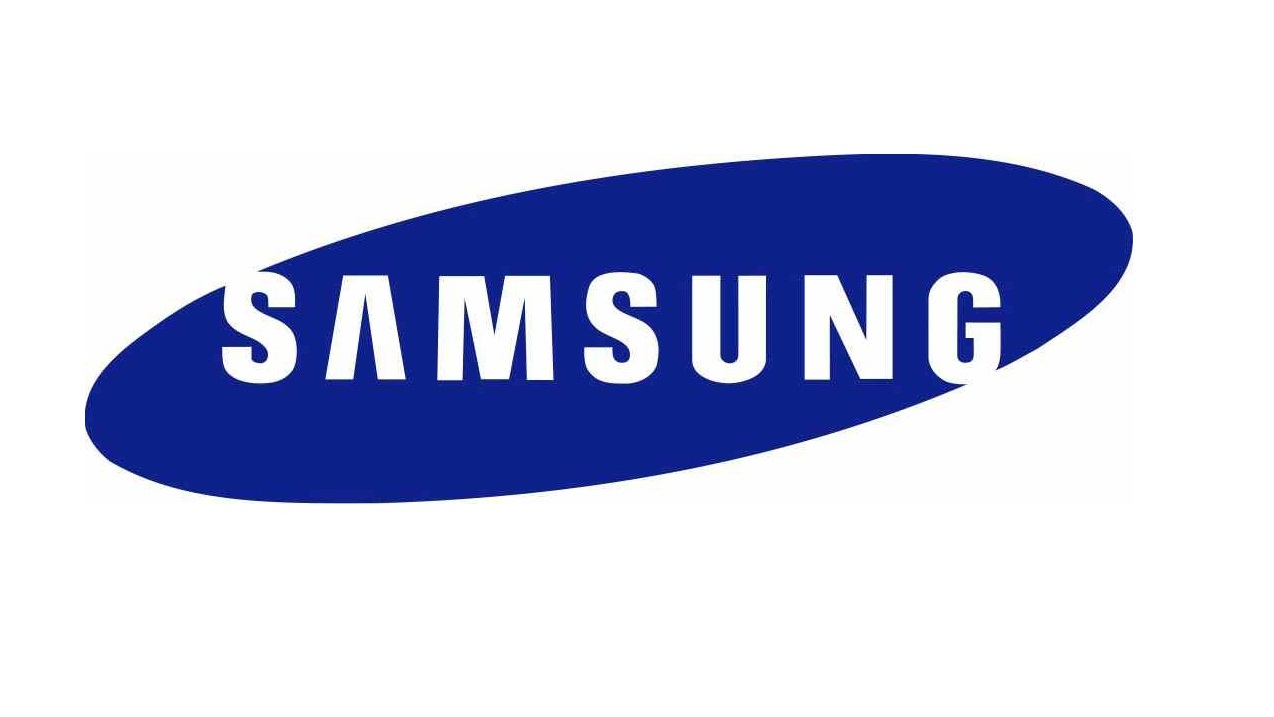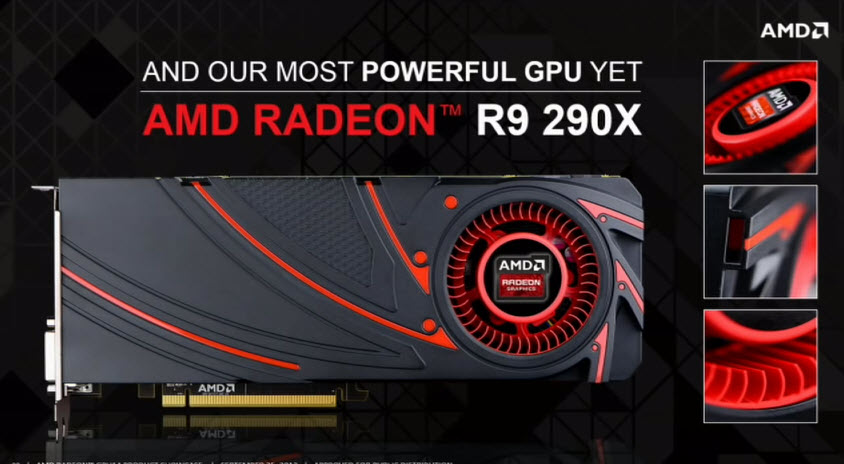In a recent blog post, AMD’s Robert Hallock recently posted an update on some of the big issues currently surrounding the new Ryzen processor including thread scheduling, temperature reporting, power plans, and SMT.
Thread Scheduling
Previously some media outlets reported that there may be an issue with the Windows 10 thread scheduler and Ryzen, but it appears that the thread scheduler is actually working properly in Windows 10. This has been verified Sysinternals Coreinfo v3.31 topology logs and the only reason an issue was believed to have existed is because an older version of Sysinternals Coreinfo was used.
Temperature Reporting
It was also reported that the AMD Ryzen 7 1700X and 1800X had issues with thermal performance, and AMD has addressed this as well.
The reason why many users are seeing high temperatures in those processors is because AMD has implemented a new method of measuring temperature in Ryzen called tCTL. tCTL in the Ryzen 7 1700X and 1800X offsets the actual Tjunction temperature of the CPU by 20°C. AMD claims this allows Ryzen processors to have a “consistent fan policy” although no further explanation was provided. AMD does expect temperature monitoring software to account for the offset automatically which if it’s just a simple +20°C, would be pretty easy.
Power Plans
AMD has confirmed that the High Performance power profile should be used in Windows 10 for Ryzen based systems. By setting Windows 10 to High Performance mode, it turns off core parking and enables fast frequency change. These will allow for better performance with Ryzen based systems. AMD is currently working on an optimized power policy for the balanced plan as well, but until then the High Performance profile is recommended.
SMT
Many Ryzen reviews online have reported that games will sometimes run better with SMT disabled suggesting that SMT causes negative performance in games. According to AMD, this has to do with applications not utilizing Ryzen’s architecture properly and are currently working on an update.
For more information, be sure to check out AMD’s blogpost here. Overall, I think this is a good sign from AMD and I’m glad to see AMD working so closely with the community to find the issues and resolve them early on. Now if AMD could only resolve the AM4 motherboard availability issue…

